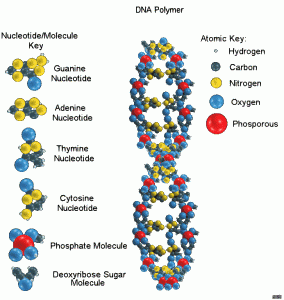Bipolar depression — treatment and perils
Why is it seemingly more difficult to treat bipolar depression than bipolar mania? Why does it seem so hard to get the FDA to approve medications for bipolar depression? Medscape brings the latest news. An interview with Mark Frye Question Why is it seemingly more difficult to treat bipolar depression than bipolar mania? Are there […]
Why is it seemingly more difficult to treat bipolar depression than bipolar mania? Why does it seem so hard to get the FDA to approve medications for bipolar depression? Medscape brings the latest news.
An interview with Mark Frye
Question
Why is it seemingly more difficult to treat bipolar depression than bipolar mania? Are there suspected neurobiological differences that are responsible for the symptoms and that are less responsive to current medications? Also, why is it so hard to get the Federal Drug Administration (FDA) to approve medications for bipolar depression?
Answer
Expert Response from Mark A Frye, MD
Associate Professor of Psychiatry, David Geffen School of Medicine at UCLA, Los Angeles, California
These are excellent questions that really highlight how understudied the depressive phase of bipolar disorder is in comparison to acute mania.
The majority of our FDA agents approved for bipolar disorder are for the acute phase of mania. The symptoms of mania can be quite disabling, and there is often an urgent need for mood stabilization. The research and focus on the acute phase of mania has been productive in that now we have lithium, divalproex sodium – extended release, carbamazepine – extended release, olanzapine, risperidone, quetiapine, aripiprazole, and ziprasidone, all of which are FDA-approved. Part of the difficulty in treating bipolar depression is that we have less evidenced-based clinical research and fewer FDA-approved treatments for this phase of illness. The symptom profile clearly is different. While it is quite likely that the neurobiology of racing thoughts and euphoria is different from that of anhedonia and suicidality, we do not understood how these neurobiological parameters might influence treatment selection. It is refreshing to know that there is a more concerted effort to now develop treatments for bipolar depression; the momentum is there, as noted by the FDA approvals of quetiapine and the olanzapine-fluoxetine combination for the depressive phase of illness.
Read full text at Medscape.com (subscription required)






